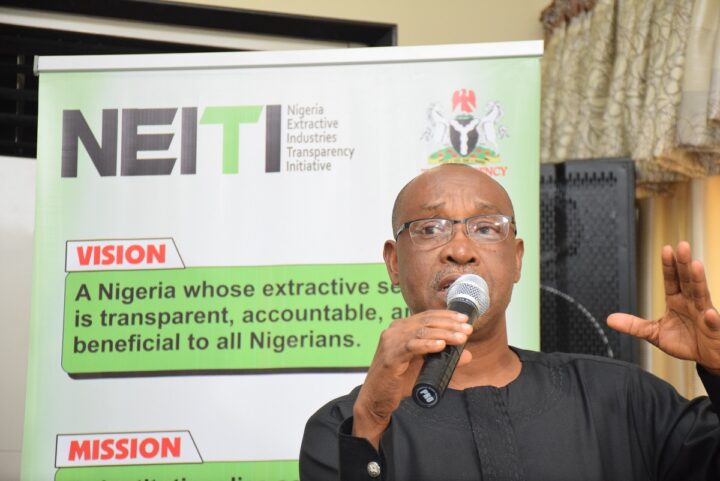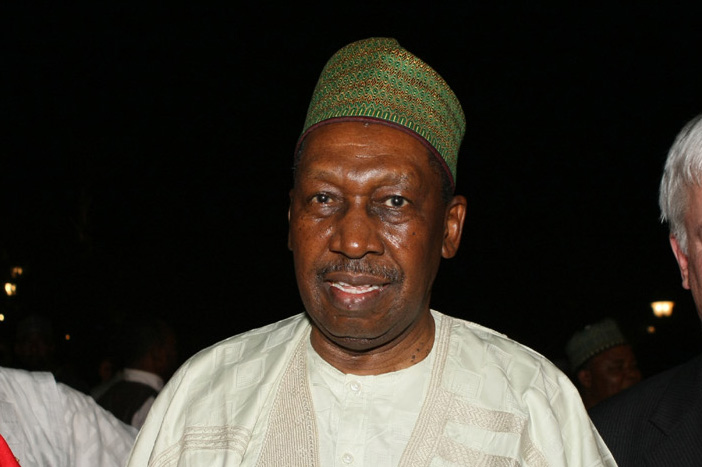The Media Rights Agenda (MRA) has faulted the call of Nigeria Extractive Industries Transparency Initiative (NEITI) that the Freedom of Information (FoI) Act should be amended to criminalise alleged abuse of the legislation by faceless organisations.
Speaking at a roundtable in Abuja on Tuesday, Orji Ogbonnaya, executive secretary of NEITI, raised alarm over the growing abuse of FOI Act by “faceless individuals and organisations” masquerading as civil society groups to extort public officials and institutions.
Ogbonnaya said the trend is “a dangerous weaponisation of a noble democratic law’, noting that there is a need for amendment of the legislation.
He called for legislative and institutional reforms, including amending the FOI Act to criminalise false claims; introducing identity verification systems for requesters; institutionalising FOI units across ministries, departments and agencies (MDAs); and expanding civic education on responsible FOI use.
Advertisement
‘ATTEMPT TO SILENCE CIVIL ACTORS’
However, in a statement issued on Thursday, Idowu Adewale, MRA communication officer, said Ogbonnaya’s call for an amendment of the FOI Act amendment is “not only ill-conceived but deeply troubling”.
He noted that such a call “undermines the spirit and purpose of the FOI Act”.
Advertisement
Idowu added that the call “poses a huge risk of the Act becoming a tool for silencing journalists, researchers, civil society actors, as well as other citizens and members of the public who legitimately seek information”.
Ayomide Eweje, MRA’s programme officer, said it is illogical to say that “fake NGOs” have hijacked the legislation since every person has a right to request information under the act and there is no need to pretend to be a non-governmental organisation,
Eweje argued that if public institutions have grounds for withholding requested information, they cannot be blackmailed for denying such requests as they will be standing on solid ground.
“You can only complain of blackmail if you have done something wrong or even criminal, in which case the appropriate response should not be to amend the Act to protect public officials or institutions engaged in wrongdoing or criminal activities,” the statement quoted Eweje as saying.
Advertisement
She noted that blackmail and extortion are already criminal offences contained in various federal and state laws in almost all the 36 states of the federation.
“There is no conceivable reason why anyone using the FOI Act to blackmail public institution or officials or to extort money or other favours from them cannot be prosecuted under the existing criminal laws without amending the FOI Act to introduce the offences into it,” she said.
“… it was particularly disappointing that such a call was coming from the head of NEITI, an agency created to deepen accountability in the extractive sector and strengthen public trust.”
She added that Ogbonnaya’s position contradicts the global standards of openness that NEITI claims to uphold and could damage the credibility of the agency both locally and internationally.
Advertisement
She urged that instead of seeking to discredit the FOI Act or weaken it, NEITI and other public institutions should commit to full compliance with their disclosure obligations under the law.
She added that they should build internal capacity to manage FOI requests efficiently and speedily and promote a culture of openness as a tool for building public confidence in public institutions and government in general.”
Advertisement










